New members Young Academy Groningen
The Young Academy Groningen is a club for the University’s most talented, enthusiastic and ambitious young researchers. Members are from all fields and disciplines who have a passion for science and scholarship. Their missions are: to stimulate dialogue and collaboration between disciplines, within and outside of the University of Groningen; to give a voice to early-career researchers at the University of Groningen to influence policy; to promote investment in the professional development of early career researchers at the University of Groningen; to explore new approaches for connecting academia and society, with particular focus on the Northern Netherlands. Recently, 7 new members are installed to the YAG.
Prof. Lisa Herzog
I look forward to collaborating with a bunch of enthusiastic academics from various fields! As a philosopher with a focus on political thought and economic justice, my understanding of what it means to be an academic is a broad one. One of the topics I currently focus on is the role of experts in democracy - how can we square democratic equality with the need to rely on specialized expertise? The dialogue with the broader public has always been part of my work, and I hope to contribute to it in the context of the Groningen Young Academy.
Other themes that are close to my heart are diversity and interdisciplinarity: how can we make sure that academia is a place for everyone, no matter what their background is? And how can we build bridges between disciplines in order to address difficult scientific questions and urgent social problems? Addressing these issues also means: How can we adapt the incentives and career criteria in academia, to allow for different kinds of contributions? Young academies can play an important role in moving academia forward, and through my membership in the Groningen Young Academy, I hope to contribute to that process.
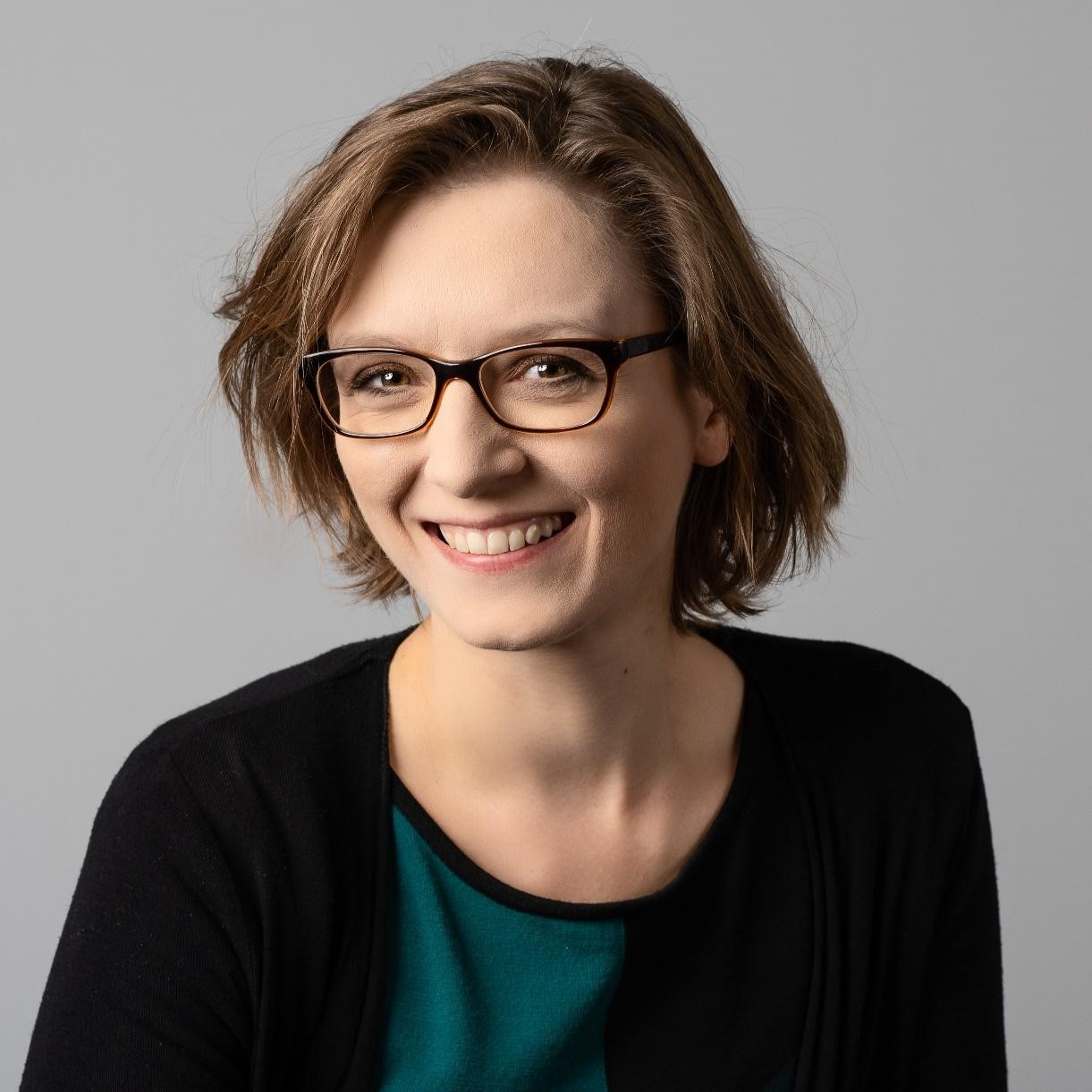
Dr. Sonja Billerbeck
I am a Synthetic Biologist interested in creating genetically modified microorganisms and engineered proteins for applications in basic science, human health, agriculture and sustainable chemistry. Nature provides a plethora of genetically encoded functions, such as receptors that can sense the environment or detect pathogens, enzymes that can convert metabolites into valuable chemicals or degrade pollutants, or natural products that can kill pathogenic microbes. These functions are distributed across the genomes of different organisms, but as the genetic code is conserved and can be read and translated by any organism, they can be harvested, combined in new ways and engineered, to build organisms with new-to-nature functions. My overarching goal is to deliver new knowledge, design-principles and technologies, innovative ideas and proof-of-concepts that generate bio-based solutions for global challenges.
I am not only interested in science itself but also how it interconnects with society and I formalized this interest with a Master in Science History. Joining the YAG is a great opportunity to combine my two interests and explore and contribute to University policy making. I aim to focus on the challenge of “effective knowledge creation and utilization” and help ECRs to better understand how their own research interests can be effectively aligned with (1) what society and politics think should be researched and (2) the type of research and expertise that non-academic entities, such as industry needs.
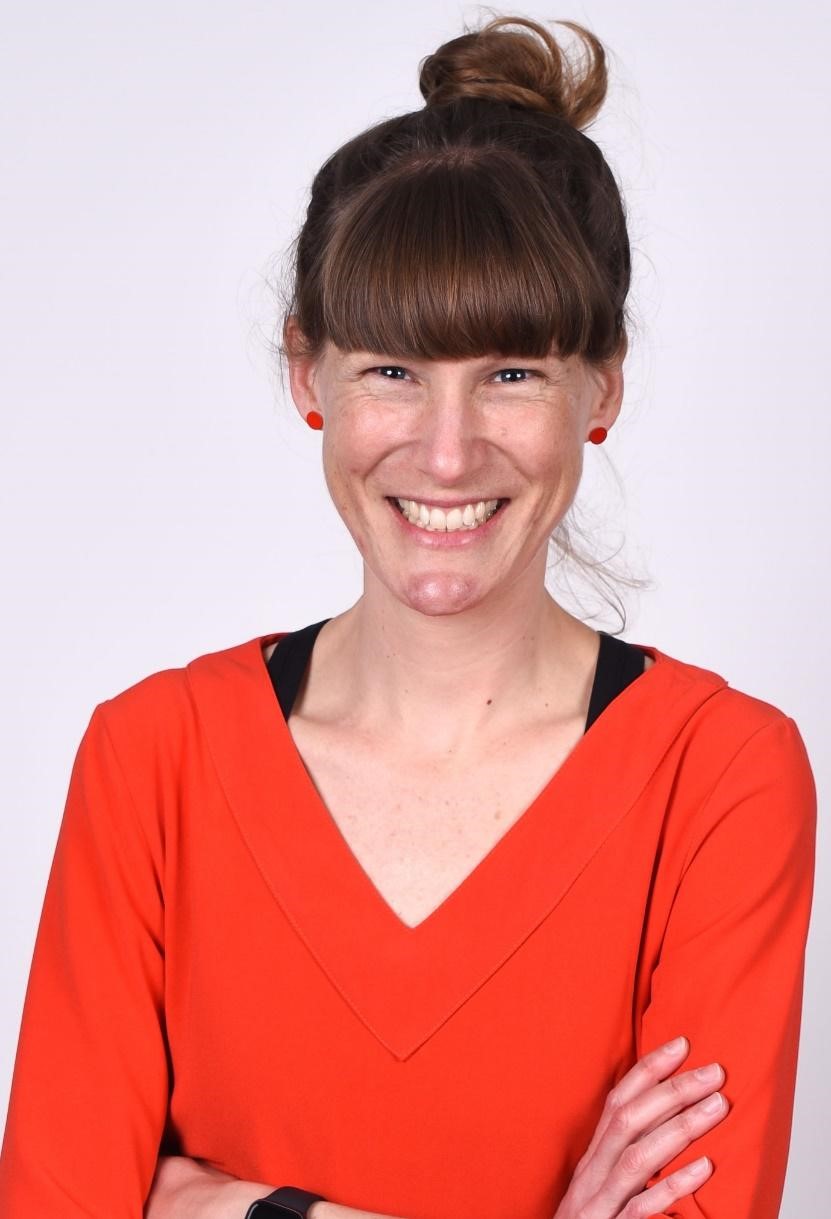
Dr. Casper van der Kooi
In my research I study how flowers get their colours and how those colours evolved in the eyes of the animals that see them. Flowering plants are pollinated by a diverse group of animals that see the world in different ways. In order for plants to reproduce, their flowers need to be attractive to pollinators, but at the same time be unattractive to other animals, maintain an optimal temperature and maximise reproductive output. Altogether, this leads to a suite of (often conflicting) selective forces on plants and pollinators. I use biophysics to study the optical and thermal properties of flowers and contextualise it within an evolutionary framework of animal vision and reproductive biology.
I'm much looking forward to joining the vibrant community of the Young Academy, and hope to draw inspiration from its many clever members. Particularly engaging with academics from outside my daily field of research is something I am keen on.
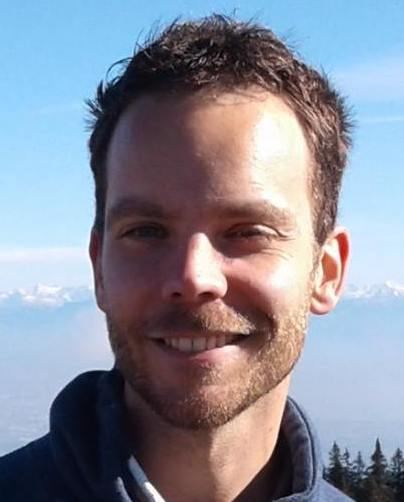
Dr. Lukas Linsi
Lukas Linsi completed his PhD in International Relations at the London School of Economics in 2016. Before joining RUG, he was a post-doc at the University of Amsterdam and a visiting fellow at Harvard University's Weatherhead Centre for International Affairs.
Situated at the intersection of political science, economics, business and sociology, his research and teaching examine the social and political implications of economic restructuring in the early twenty-first century. His most recent work focuses in particular on the political construction and (ab)use of economic indicators. It has been published in some of the leading journals in international relations and political science. His research has been funded by, amongst others, the Swiss National Science Foundation and the International Inequalities Institute. Linsi has also won several awards for his teaching, including the audience prize of the RUG Faculty of Arts' 2019 Lecturer of the Year event.
As an incoming member of the Young Academy Groningen, he is looking forward to making a contribution to strengthen research links across the RUG's various faculties and supporting initiatives to further diversify the procedures used to evaluate the progression of academic careers.
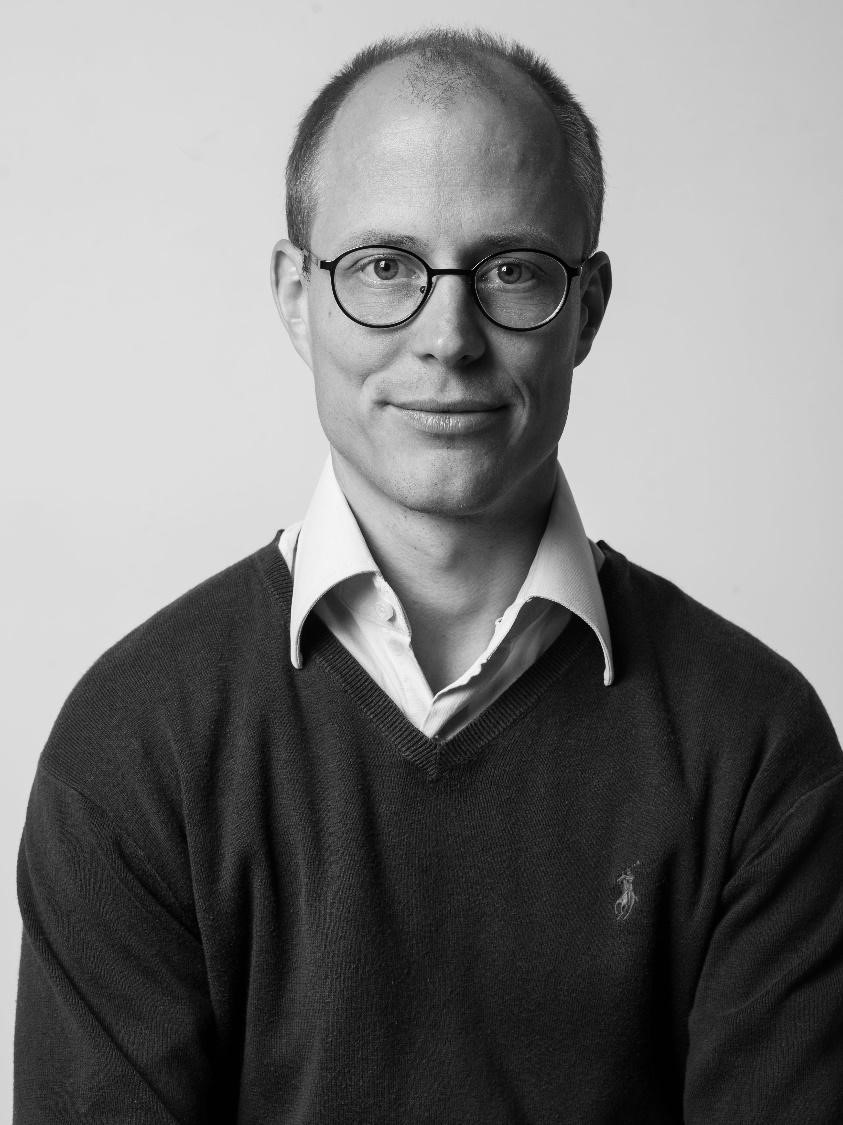
Dr. Marcos Guimarães
Dr. Marcos Guimarães is an Assistant Professor at the Zernike Institute for Advanced Materials and passionate about teaching both in the classroom and in the lab. His research group focuses on the interplay of light, magnetism and electricity in nanomaterials. The understanding of this interplay helps to push forward the knowledge of novel materials and devices which may lead to more efficient computer memories and opto-electronic devices, such as LEDs. His research has been recognized through important grants and fellowships, such as the Veni and Start-Up grants from the Dutch Research Council (NWO) and the Kavli Institute Individual Fellowship at Cornell University, USA.
For Dr. Guimarães the Young Academy Groningen is a crucial pillar of the University of Groningen, providing an interlaced network between young researchers and society. At the Young Academy Groningen, Marcos would like to focus on science outreach by providing practical tools for teachers to inspire students to pursue a career in science. One of his goals is to start a demonstrations library, with equipment and guides to make demonstrations more accessible for science educators in the area. Having lived in three different continents and being an international at the RUG he would like to assist in making the university more multicultural.
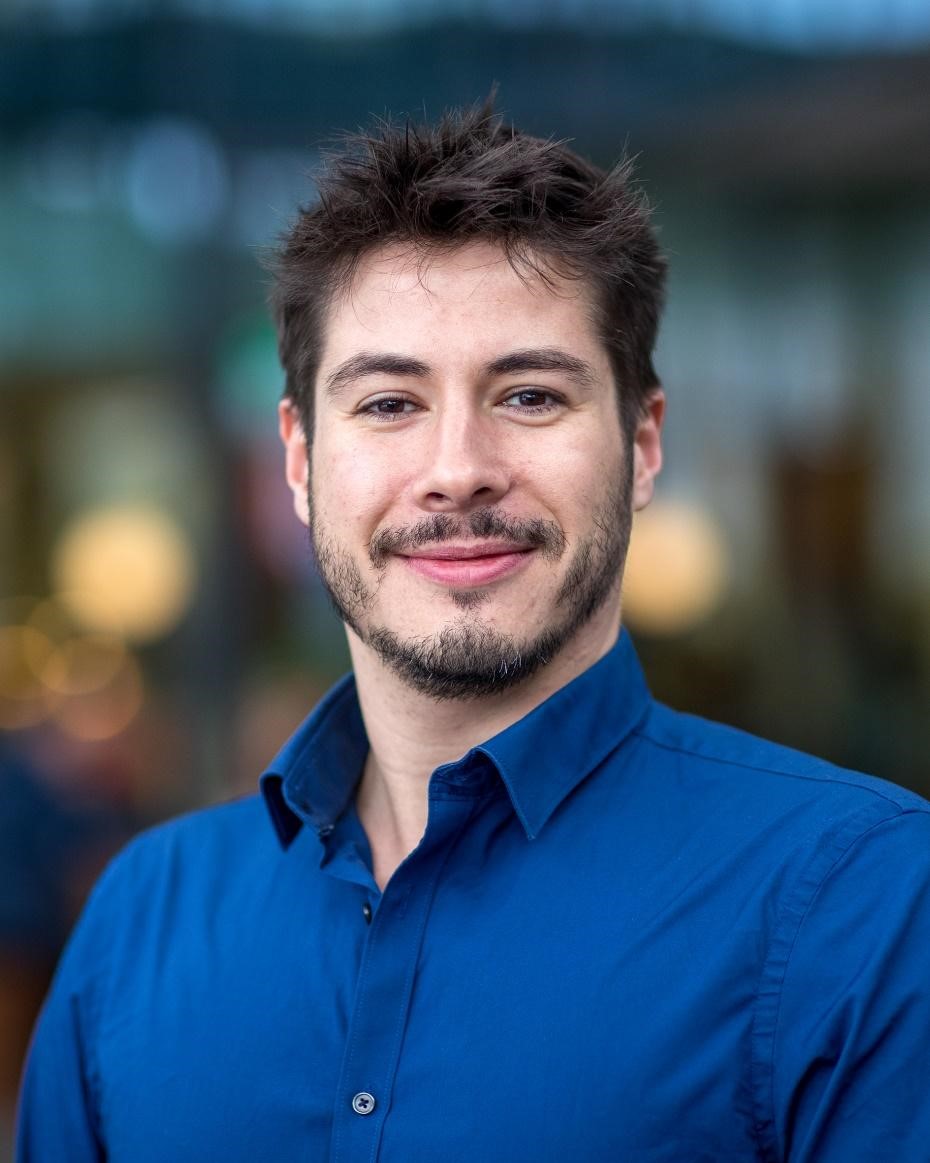
Dr. Hanna van Loo
Hanna van Loo is a Psychiatrist and Assistant Professor at the UMCG's Department of Psychiatry. She holds a part-time research appointment at the Broad Institute (Boston, USA) and is an affiliate researcher of Virginia Commonwealth University (Virginia, USA). Dr. van Loo studied medicine and philosophy at the University of Groningen, and became interested in the classification of the disease depression. Patients with depression vary considerably in terms of their symptoms, course of illness, and reaction to treatment. How can we best understand and treat the diverse patients who are all diagnosed with depression? She used novel data mining techniques to identify subtypes of depression that predict a more severe course of illness. Her current research focuses on how genes and environments interact in the familial transmission of depression.
Her research has a highly interdisciplinary character, and combines insights from clinical psychiatry, statistical learning, genetics, and philosophy of science. It aims to contribute to improved classification, understanding, and treatment of depression. Together with the other YAG members, she wants to contribute to interdisciplinary and international collaborations, to a healthy work climate for early career researchers, and to communicate the importance of science to society.
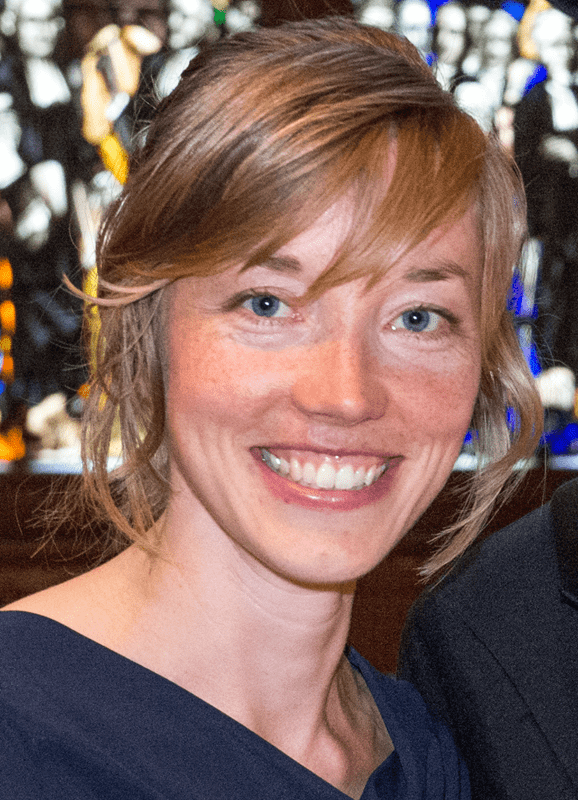
Dr. Julia Costa Lopez
I am currently Assistant Professor in History and Theory of International Relations at the Department of International Relations and International Organisation. My research interests focus on the various ways in which international relations have been understood in history, particularly in the medieval and Early Modern periods, and how, by studying these, we can better understand and broaden the concepts we currently use to analyze the world. My current research, funded by an NWO VENI grant, looks at how ideas about what the people is and what political communities are developed in the context of the early Atlantic explorations of Iberian polities in the fourteenth and fifteenth centuries: how did contacts between radically different societies change how people thought about living together? And how can these different ways of thinking help us think about how to live together today?
I am excited to join the YAG and have the opportunity to collaborate with other members in setting up interdisciplinary projects and starting new conversations about teaching and research. I am particularly committed to broadening access to higher education, and look forward to organizing outreach activities that connect the research done at the university with traditionally underrepresented groups.
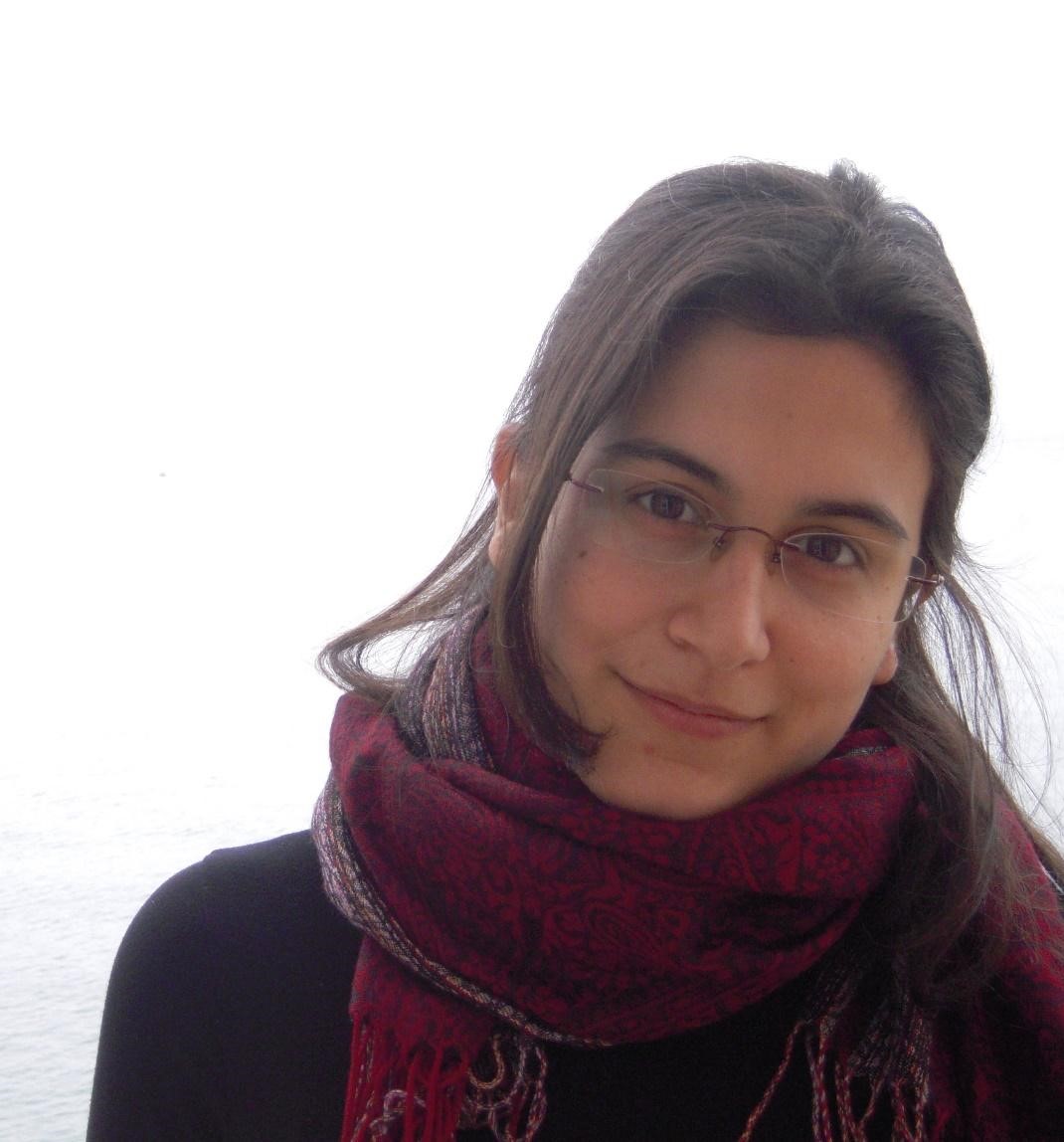
| Last modified: | 29 May 2024 1.35 p.m. |
More news
-
16 December 2024
Jouke de Vries: ‘The University will have to be flexible’
2024 was a festive year for the University of Groningen. Jouke de Vries, the chair of the Executive Board, looks back.
-
10 June 2024
Swarming around a skyscraper
Every two weeks, UG Makers puts the spotlight on a researcher who has created something tangible, ranging from homemade measuring equipment for academic research to small or larger products that can change our daily lives. That is how UG...
